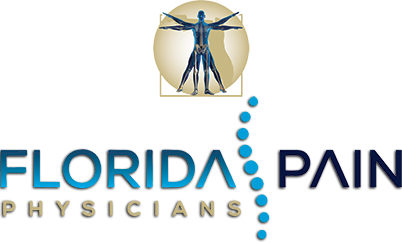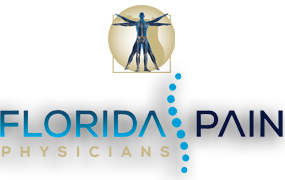When most people think of a migraine, headaches are the first symptom to come to mind. For many people, though, pain isn’t the telltale sign to look for. Instead, vertigo that comes and goes might signal the need for vestibular migraine treatment in Jacksonville, FL. Though not always associated with extreme pain, this condition can nonetheless interrupt your life with the sudden onset of:
- Dizziness
- Nausea and Vomiting
- Balance Problems
- Extreme Motion Sensitivity
- Disorientation and Confusion
- Feeling Unsteady
- Sound Sensitivity
So, how does this differ from a traditional migraine? The word “vestibular” refers to the inner ear, which controls your hearing and balance. Symptoms you experience with a vestibular migraine are often more concentrated on vertigo than the traditional headache. In fact, you might not get a headache at all.
Similarly, there is some variation in when vertigo symptoms start. Some patients have migraines for many years before experiencing dizziness. While it’s hard to tell exactly how many people get these kinds of migraines, a safe estimate is around 1% of the overall population. While vertigo symptoms usually strike around age 40, they can appear in both adults and children at any point. If you have a history of migraines and experience any vertigo-like sensations, your doctor may be able to help you seek relief.





